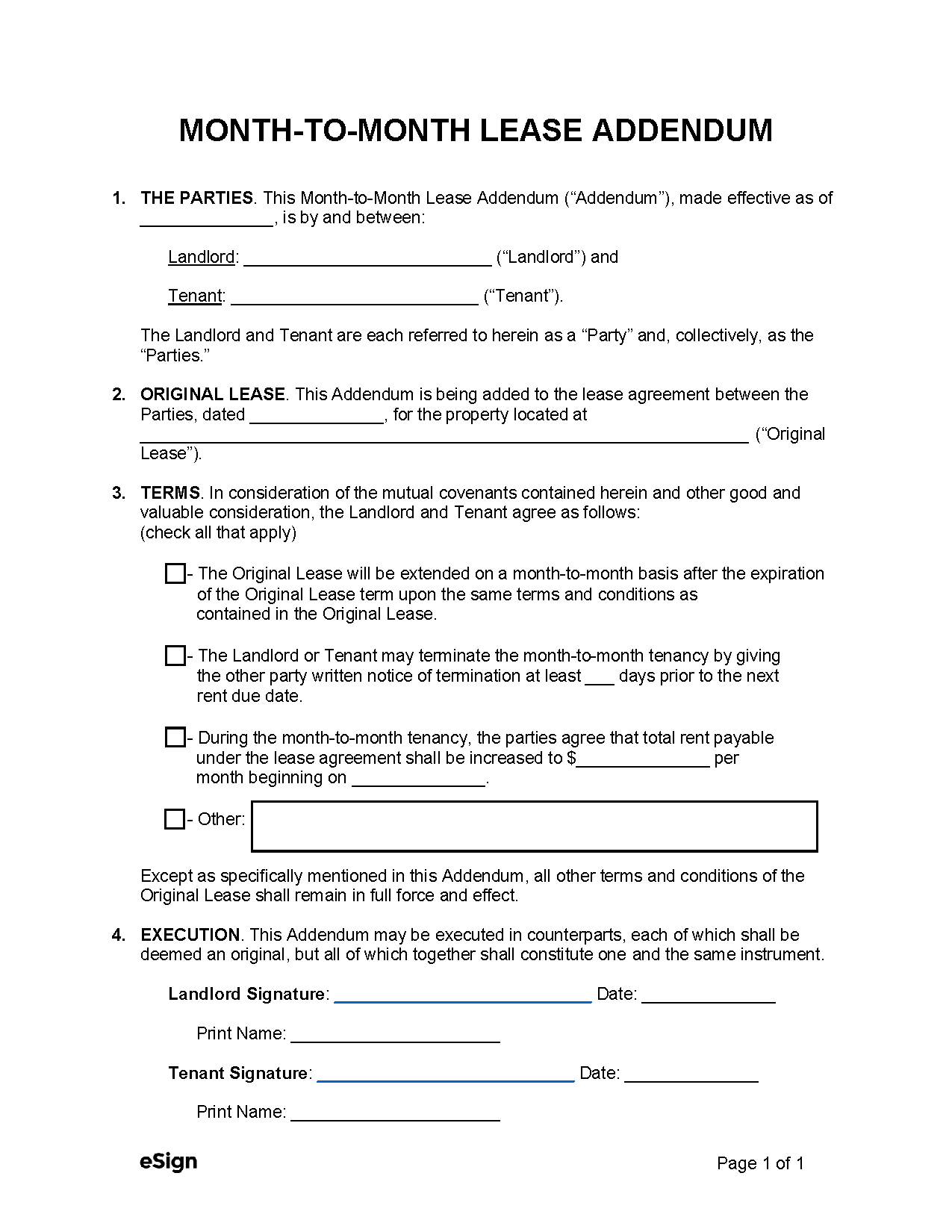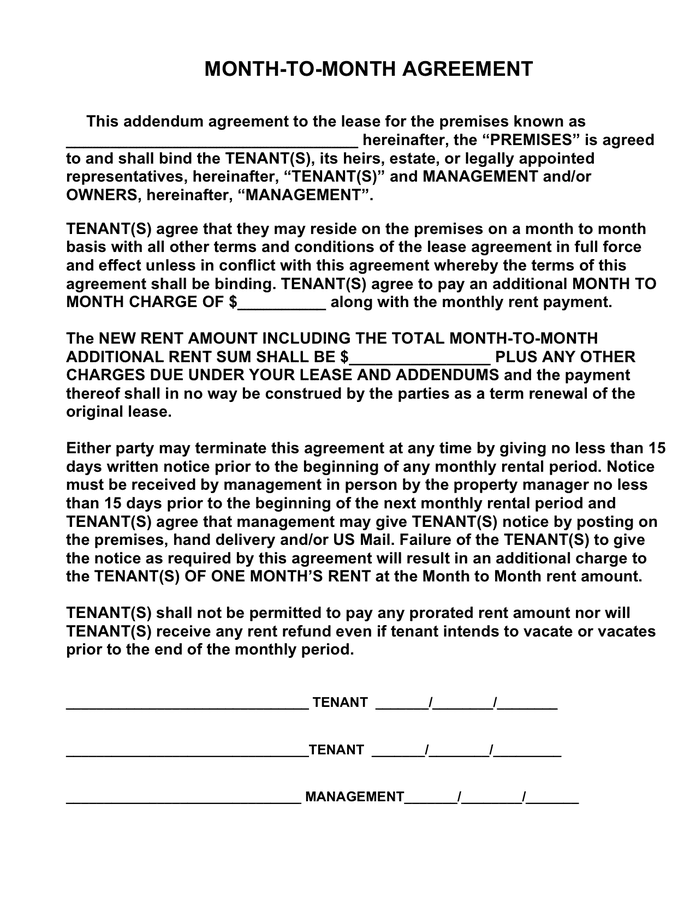Month-to-Month Tenant Rights vs. Fixed-Lease Rights: What’s the Difference?
Navigating the complexities of evictions under month to month tenant rights may be challenging—whether you're a landlord or even a tenant. Unlike fixed-term leases, month-to-month agreements offer flexibility for both parties, but additionally they include unique difficulties, particularly when eviction is on the horizon. Here, we break down the main element aspects of handling evictions under these agreements, offering quality and actionable guidance for all parties involved. Understanding Month-to-Month Tenant Rights Month-to-month tenancy, because the name suggests, runs on a monthly schedule and generally renews automatically until one party offers discover to terminate. Tenants and landlords alike are susceptible to the phrases set out within their hire agreement along with appropriate state and regional laws. Tenants who book month-to-month have certain protections relying on the jurisdiction. These could include lease firing notice periods, defenses against retaliatory evictions, and access to specific tenant rights when disputes arise. On the switch area, landlords keep the capability to terminate tenancy with correct discover and cause, if applicable.

To deal with evictions accordingly, it's essential to familiarize your self with the local laws governing tenant rights and landlord obligations in your area. This knowledge types the building blocks of navigating the procedure legally and ethically. Legal Notice Requirements for Evictions One of the very most critical facets of evictions under month-to-month agreements is issuing or getting a suitable observe to vacate. State and local regulations mandate simply how much discover a landlord must give before terminating a month-to-month tenancy. For instance: Standard Observe Periods: Many claims involve landlords to supply 30 days' observe to terminate a month-to-month hire agreement. However, this time might increase to 60 days in some jurisdictions. Recognize for Nonpayment: If book hasn't been compensated, landlords generally need certainly to issue a “pay or quit” discover, giving tenants a collection timeframe to pay fantastic dues or vacate the property. No-Cause Terminations: Particular regional laws might allow landlords to cancel month-to-month tenancies without trigger but involve lengthier recognize periods. Declining to stick to appropriate appropriate detect recommendations can invalidate an eviction effort and might end up in penalties for the landlord. Tenants also needs to realize their rights under these recognize needs to make certain their agreements are terminated lawfully. Steps for Landlords to Conduct Legal Evictions For landlords, evicting a tenant below a month-to-month lease involves strict conformity with equally hire agreements and the law. Here's a detailed guide: Offer Proper Observe Matter the official discover to vacate in line with regional regulations. Assure including the explanation for firing, if expected, and matches the required detect period. Report Every thing Keep thorough documents of hire funds, lease violations, and any interaction with the tenant. This paperwork will undoubtedly be essential if the eviction proceeds to court. Record an Eviction Lawsuit (If Necessary) If the tenant will not vacate following correct notice, landlords could need to record an unlawful detainer or eviction case. This escalates the problem to judge, where a judge will make a determination. Follow Court Purchases If the judge concept and only the landlord, a formal detect or writ of possession is going to be provided to police force to carry out the eviction. Landlords must prevent wanting to forcibly remove the tenant themselves, as this violates the law. Tenants'Recourse for Unlawful Evictions Tenants experiencing eviction below month-to-month agreements have rights that protect them from unlawful displacement. If your discover appears unpredictable or retaliatory, tenants may possibly: Enhance the Issue of Incorrect Observe If the detect doesn't match appropriate criteria (e.g., insufficient schedule or uncertain reasoning), tenants can raise this security equally right with the landlord and in court. Cite Retaliation Rights Particular jurisdictions stop evictions produced in a reaction to tenants training legitimate rights (e.g., processing a complaint about dangerous conditions). Assist Tenant Advocacy Communities Local businesses and legitimate assistance teams can provide advice to tenants on navigating disputes and seeking representation in court proceedings.

Avoiding Eviction Disputes Finally, landlords and tenants equally benefit from start and translucent communication all through month-to-month agreements. Handling problems early, such as late funds or misunderstandings about terms, may usually reduce an eviction from getting necessary. For landlords, ensuring compliance with state laws and maintaining professional, respectful communication models a foundation for successful tenant relationships. Tenants, on another give, should honor the terms of their agreements while outstanding educated about their legal protections. Final Thoughts Evictions under month-to-month tenant rights need balancing appropriate obligations and honest considerations. Both landlords and tenants must realize their jobs, rights, and responsibilities to ensure the process is handled fairly and lawfully. When in uncertainty, consult a legal skilled focusing on housing law to guide you through the process.